And we remember this day as we continue to listen to so many stories of war and violence which surround us.
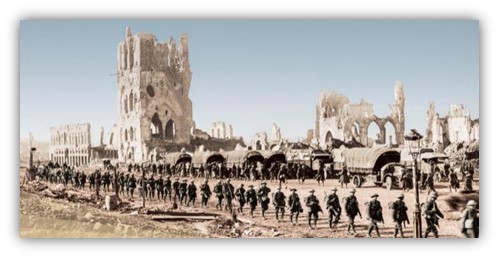
Our weekend readings began with the passage from the Acts of the Apostles (2:42-47) which inspired the work done in this diocese for the Diocesan Synod of 1992/93. Twenty-five years ago, men and women of this diocese gathered to imagine a church made new in the image and likeness of the early Christian communities.
The whole community remained faithful to the teaching of the apostles, to the brotherhood, to the breaking of bread and to prayers.
The many miracles and signs worked through the apostles made a deep impression on everyone.
The faithful all lived together and owned everything in common; they sold their goods and possessions and shared out the proceeds among themselves according to what each one needed.
They went as a body to the Temple every day but met in their houses for the breaking of the bread; they shared their food gladly and generously; they praised God and were looked up to by everyone. Day by day the Lord added to their community those destined to be saved.
These early Christian communities captured the essence of being a follower of Jesus. Many, without even seeing or meeting Jesus, became his disciples because Jesus’ disciples were able to transmit to them, in their actions and teachings, what purpose and joy this faith would mean to their lives, both in the present and for all eternity. Jesus’ disciples received the Holy Spirit, were sent, and they responded with vigour.
When we gather for Eucharist, the risen Christ comes among us and offers us his gift of peace, as he did when he came among the disciples – ‘Peace be with you’. At the end of Mass, we are sent out, commissioned to bring the love and mercy of Christ to all. Jesus’ resurrection sets us free from the slavery of sin and death.
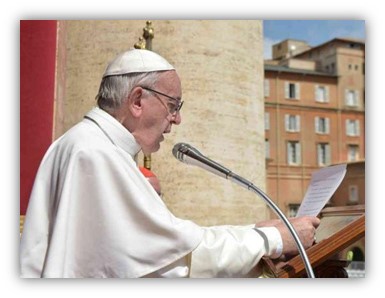
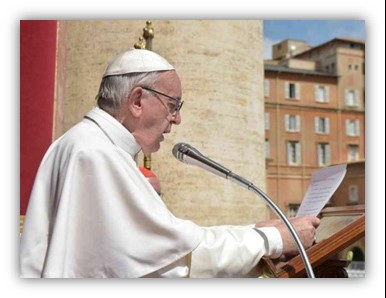 I wish to share with you some of Pope Francis’ words from his Urbi et Orbi blessing and papal address given to the city of Rome and the whole world for Easter.
I wish to share with you some of Pope Francis’ words from his Urbi et Orbi blessing and papal address given to the city of Rome and the whole world for Easter.
In every age, the Risen Shepherd tirelessly seeks us, his brothers and sisters, wandering in the deserts of this world. With the marks of the passion – the wounds of his merciful love – he draws us to follow him on his way, the way of life. Today too, he places upon his shoulders, so many of our brothers and sisters crushed by evil in all its varied forms.
The Risen Shepherd goes in search of all those lost in the labyrinths of loneliness and marginalisation. He comes to meet them through our brothers and sisters who treat them with respect and kindness, and help them to hear his voice, an unforgettable voice, a voice calling them back to friendship with God.
He takes upon himself all those victimized by old and new forms of slavery, inhuman labour, illegal trafficking, exploitation and discrimination, and grave forms of addiction. He takes upon himself children and adolescents deprived of their carefree innocence and exploited, and those deeply hurt by acts of violence that take place within the walls of their own home.
The Risen Shepherd walks beside all those forced to leave their homelands as a result of armed conflicts, terrorist attacks, famine and oppressive regimes. Everywhere he helps these forced migrants to encounter brothers and sisters, with whom they can share bread and hope on their journey.
In the complex and often dramatic situations of today’s world, may the Risen Lord guide the steps of all those who work for justice and peace. May he grant the leaders of nations the courage they need to prevent the spread of conflicts and to put a halt to the arms trade.
He then goes on to name the places of conflict and bloodshed – Syria, Iraq, Yemen, the Middle East, South Sudan, Sudan, Somalia and the Democratic Republic of Congo, while seeking the Good Shepherd’s accompaniment for all those who are suffering.
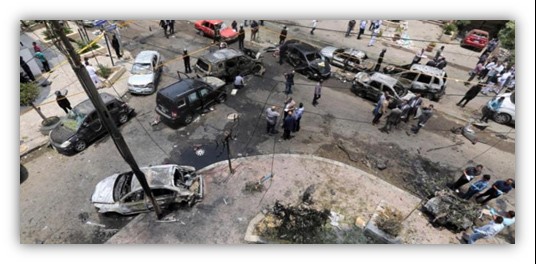
Since 2000, Divine Mercy Sunday has been celebrated on the Second Sunday of Easter. The writings of St Faustina in the 1930s documented the words and instructions she received from a series of visions of Christ. Her diary is full of Jesus’ urgent desire to communicate the depths of his mercy for humanity. She writes about the need for us to seek healing and forgiveness through the Sacrament of Reconciliation, which is so much more than a merely human experience of unburdening the soul… any good barman, counsellor or hairdresser can listen to a confession! Rather, it is a powerful, grace-filled encounter with the mercy of Jesus, who is present in the person of the priest.
Francine Pirola writes in CathFamily, an e-news for families:
St Faustina records in her diary the words of Jesus for each of us as we approach Reconciliation:
“When you approach the confessional, know this: I myself am waiting there for you. …. If your trust is great, there is no limit to my generosity.
“Come with faith to the feet of my representative…and make your confession before me. The person of the priest is, for me, only a screen. Never analyse what sort of a priest that I am making use of; open your soul in confession as you would to me, and I will fill it with my light.”
“The miracle of Divine Mercy restores your soul in full. In the Tribunal of Mercy (the Sacrament of Confession) …the greatest miracles take place and are incessantly repeated…There is no misery that could be a match for my mercy.”
I am reminded of last year’s Year of Mercy, and the presence of Fr Richard Shortall sj who visited many communities, sitting with communities and people in their pain, being the face of the Good Shepherd referred to by Pope Francis and bringing mercy to those who sought it. Fr Richard is still with us this year and the Sacrament of Reconciliation is still offered each week in our parishes.
So during this second week of Easter, in which our Anzac Day falls, we contemplate the violence which confronts our world, and we seek to be the mercy of God, emanating peace, kindness, love, compassion, hope, healing, joy, harmony, patience….. in a world that we are called to make new. Our commission is to empty ourselves and to become slaves for the salvation of the world. It takes a lot of prayer and practice.
For prayer and reflection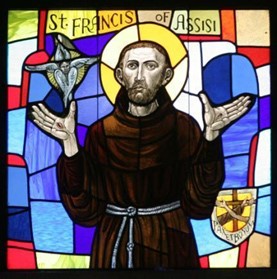
Lord, make me a channel of your peace;
where there is hatred, let me sow love;
where there is injury, pardon;
where there is doubt, faith;
where there is despair, hope;
where there is darkness, light;
and where there is sadness, joy.
O, Divine Master,
grant that I may not so much seek to be consoled as to console;
to be understood as to understand, to be loved as to love.
For it is in giving that we receive,
it is in pardoning that we are pardoned,
and it is in dying that we are born to eternal life.
Peace Prayer of Francis of Assisi
And blessed are you who have not seen and yet believe.

